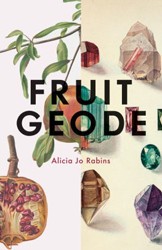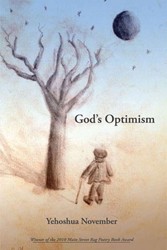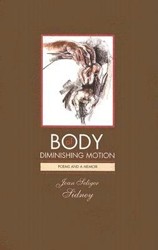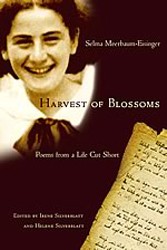Many poets and scholars who have spent significant time defining and articulating a contemporary Jewish American poetics have located Jewishness in formally experimental poetry, like that of Rachel Blau du Plessis, Hank Lazer, and Charles Bernstein. Peter Cole is a different kind of Jewish American poet, in that he often works with traditional forms of poetry. Cole is not exactly under the radar; he has won several major book prizes and a MacArthur “Genius” grant. But as a mid-career poet — this is his fourth volume of poetry, not including his numerous translations from Hebrew and Arabic, or the important poetry anthologies he has edited — he is not as well-known as his tremendous accomplishments and contributions might indicate.
In his introduction to the collection, Harold Bloom likens Cole to Jewish poets John Hollander and Delmore Schwartz, but Cole also recalls some of the twentieth century’s primary formal masters, particularly Robert Frost. Like Frost, Cole often uses familiar language to convey surprising or unfamiliar thinking. As a reader, one runs the risk of skating along the deceptively smooth surface of such poems— but beneath those surfaces are fathoms to plumb. With a precision reminiscent of the Modernist poet Marianne Moore, Cole lets his monosyllabic words carry knotty philosophical questions and truths. The wonderful poem “A Palette” is reminiscent of other Modernist techniques like linguistic compression and an emphasis on the image: “O, oleander, how many years / have I been writing this pure white poem?” The poem presents twenty-six such couplets, each articulating a single image and thought.
Despite many of these poems’ Modernist tendencies, there is deep engagement with distinctly Jewish thought and themes throughout the book. That there are twenty-six sections of “A Palette,” for example, underscores the Kabbalah’s association between the alphabet and the making of the world. At the center of the book is a long poem about the life, disappointments, and eventual suicide of Victor Tausk, an academic follower of Freud and the inventor of an “influencing machine.” The poem draws from numerous discourses and sources, including Freudian psychoanalysis, Tausk’s poetry, correspondence between Tausk and Freud, Freud’s obituary for Tausk, Rabbinical wisdom, and Biblical passages. This might seem like a lot of information for one poem, but Cole collates it briskly, presenting the various data, characters, and scenarios across lyric, voice-driven blips. The long poem is divided and subdivided into so many sections that it almost feels like a book all its own. And among the poem’s many coexisting and competing voices, Cole’s elegant lyricism provides an anchor: “The dead won’t wake / with a morning’s fright — / no ancestors come / to rebuke them at dusk. // Let them rest.” Tausk was haunted by Freud’s looming presence — the anxiety of influence, as Bloom puts it in his pioneering literary study, or, as Cole writes in one stunning line, “So we own and owe what we know.”
Related Content:
Lucy Biederman is an assistant professor of creative writing at Heidelberg University in Tiffin, Ohio. Her first book, The Walmart Book of the Dead, won the 2017 Vine Leaves Press Vignette Award.





